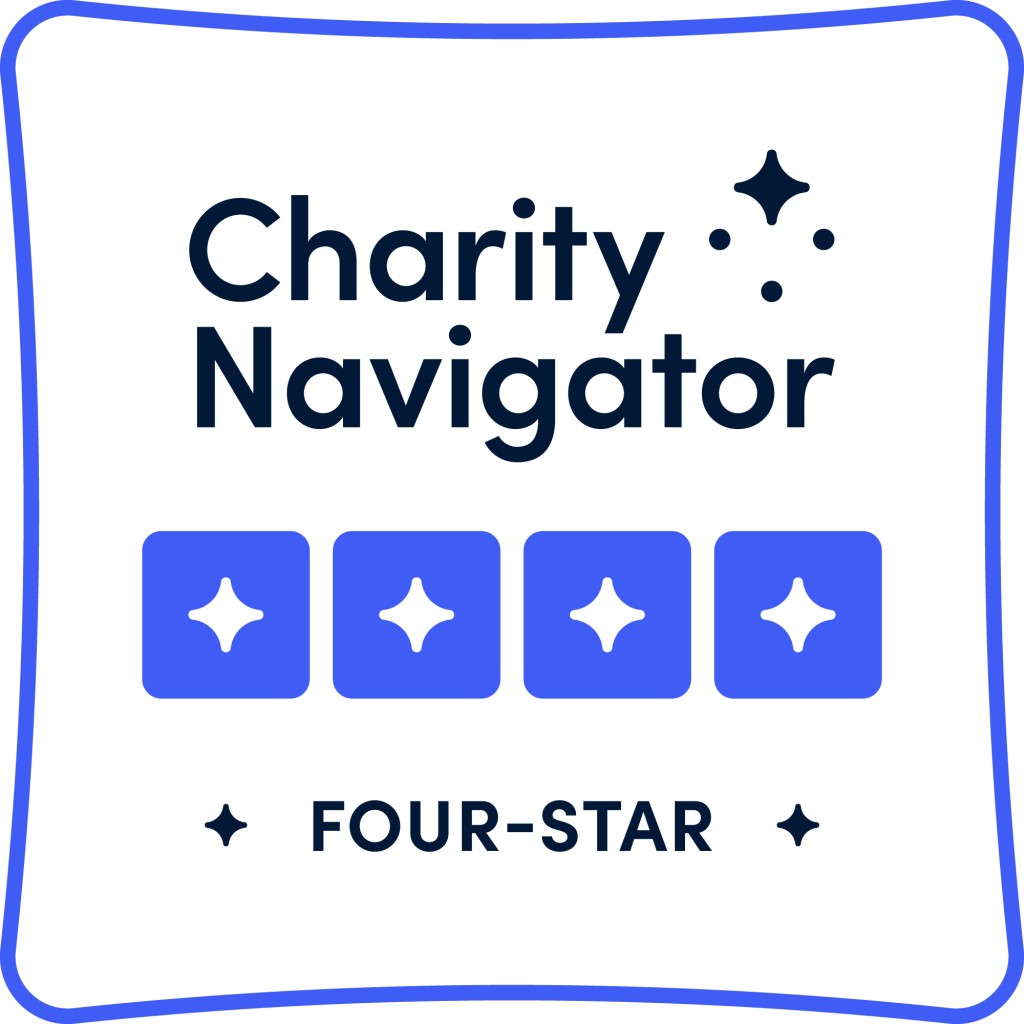My wife Jenny was diagnosed with ovarian cancer in January 2020 after a post-hysterectomy biopsy. She had chosen the hysterectomy out of an abundance of caution due to her family history. Jenny’s gynecological oncologist prescribed a six-month course of chemotherapy. At this time, I was in a role at work that required extensive travel, more than 150,000 miles per year. While I work for an understanding company and would have some flexibility with that travel, I still worried a great deal about how I would manage to be there for Jenny over the next six months.
Six weeks after her diagnosis, COVID hit. And while COVID has been devastating, there was a silver lining for us as my travel came to a complete stop. In addition, I began working from home 100% of the time. These two things enabled me to give my wife complete and dedicated support over the next six months. On top of this, Jenny is the most positive person I’ve ever known, and her approach to cancer, chemo, and COVID was simply amazing.
Honestly, I felt very fortunate during this period. I did not have to balance work issues significantly; our children are grown and out of the house, and the treatment went as smoothly as possible. Of course, I worried about Jenny, but her cancer was caught early (stage 1), her doctor was very confident, and Jenny maintained a positive outlook which I relied on.
Caregiving is a complex role. I think it is important not to lose yourself; not to let yourself be defined by it. You need to take some time, even if just a few minutes a day, for yourself. Go for a run, go for a bike ride, play a video game…whatever your thing is. And I don’t see this as selfish but rather as necessary to recharge your batteries so that you can be there for your loved one.
I also believe that communication between the caregiver and the loved one is paramount. Sometimes Jenny just wanted to be left alone, and I respected that. Sometimes she didn’t need anything from me but wanted me to be with her, even sitting in silence or reading a book next to her while she slept. All relationships require good communication; when confronted with a caregiving situation, that communication becomes even more necessary.
Ryan Young
Ryan will be riding 100 miles this November with Team TEAL for the second year to support his wife as well as a dear family friend – to read more or support Ryan, go to https://give.ovarian.org/




